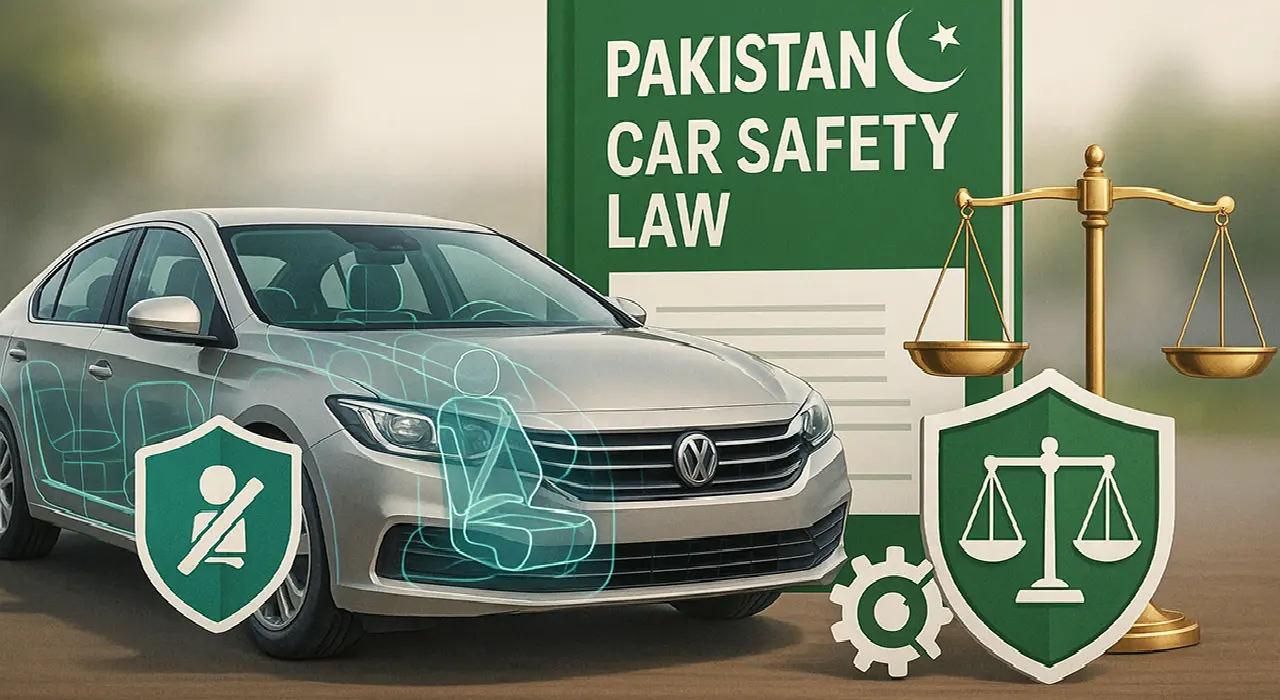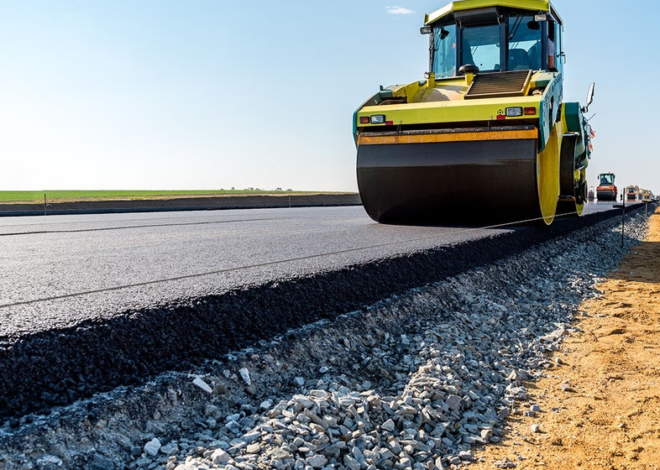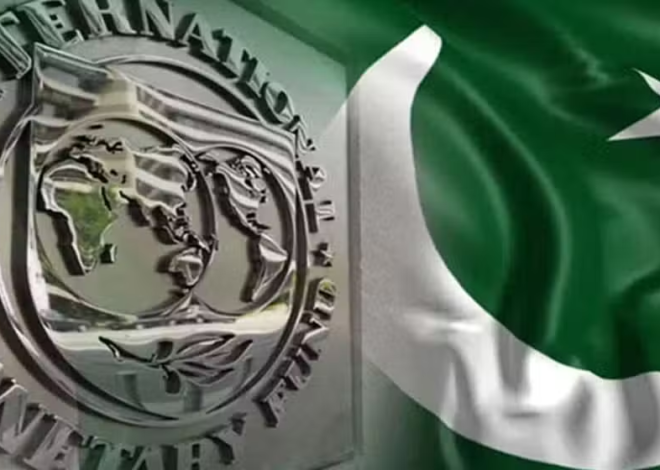
Pakistan Car Safety Standards: Pakistan Introduces 57 New Car Safety Standards Under Motor Vehicle Act 2025
A Major Leap in Automotive Regulations
Starting October, Pakistan will implement 57 new car safety standards under the Motor Vehicle Industry Development Act 2025. This marks a significant step forward from the existing 17 standards currently in place. The reform is seen as one of the most comprehensive overhauls of the country’s automotive safety framework, aimed at ensuring safer vehicles for consumers and aligning with global practices.
Alignment with IMF-Backed Reforms
The introduction of these measures comes in line with IMF-supported reforms designed to improve regulatory transparency and strengthen industrial practices. By bringing Pakistan’s automobile sector closer to international benchmarks, the government seeks to enhance both consumer protection and investor confidence. Analysts suggest that these steps will also help the country’s auto industry compete more effectively in regional and global markets.
Mandatory Licensing for Manufacturers
One of the key changes under the new law is the requirement for all vehicle manufacturers to obtain proper licensing before production. This measure is intended to eliminate unregulated and substandard assembly practices, ensuring that only compliant vehicles reach the market. The move is also expected to raise accountability within the auto sector, as manufacturers will be bound to follow uniform safety protocols.
Ban on Importing Accident-Grade Vehicles
Another notable development is the ban on the import of accident-grade “Type D” vehicles. Such vehicles, often damaged or unsafe, have previously found their way into the local market, posing risks to road users. By closing this loophole, the government aims to protect consumers from unsafe imports while boosting demand for domestically manufactured cars that meet stricter safety standards.
Establishment of the Pakistan Automotive Institute
The Act also calls for the creation of the Pakistan Automotive Institute, which will serve as the country’s central body for automotive quality control and testing. The institute will be responsible for monitoring compliance, conducting inspections, and ensuring that vehicles meet the newly enforced benchmarks. This move is expected to professionalize the sector and provide a stronger regulatory foundation for long-term growth.
Driving Toward Global Benchmarks
With these changes, Pakistan’s automotive industry is preparing for a transformative shift. By focusing on safety, compliance, and institutional oversight, the government hopes to foster a more reliable and internationally competitive auto market.







